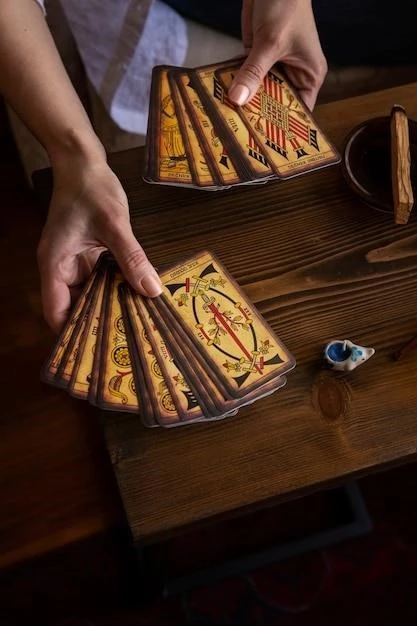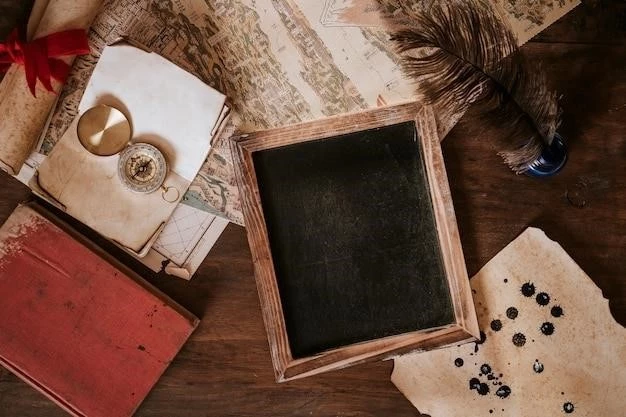Playing cards, ubiquitous in homes and casinos alike, boast a rich and fascinating history spanning centuries and continents․ Their origins remain shrouded in mystery, but their evolution and enduring popularity offer a captivating glimpse into human ingenuity, social customs, and artistic expression․

Early Origins: A Tapestry of Theories
The precise birthplace of playing cards is a subject of ongoing debate among historians․ While some scholars trace their roots to ancient China, with evidence pointing to paper cards used in the Tang Dynasty (618-907 AD), others posit that playing cards emerged independently in various cultures around the world․ Theories suggest that playing cards might have evolved from:
- Playing pieces used in ancient board games: Evidence of games resembling modern checkers and backgammon exists in ancient Egypt and Mesopotamia, suggesting that playing pieces might have evolved into cards․
- Paper money: The use of paper money in China during the Song Dynasty (960-1279 AD) coincides with the rise of playing cards, raising speculation that cards might have been a by-product of paper money production․
- Tarot cards: The Tarot, a deck of cards used for divination and games, has roots in 15th-century Italy․ The intricate symbolism and imagery of Tarot cards may have influenced the development of playing cards․

The Spread of Playing Cards: A Global Phenomenon
By the 14th century, playing cards had spread throughout Europe, gaining popularity in both aristocratic circles and among commoners․ Their popularity was fueled by several factors:
- Accessibility: The advent of the printing press allowed for mass production of playing cards, making them readily available to a wider audience․
- Social and cultural significance: Playing cards became integrated into social gatherings, festivals, and even religious ceremonies, solidifying their place in European culture․
- Gambling: The widespread use of playing cards for gambling fueled their popularity and contributed to their evolution, with new games and variations emerging over time․
The popularity of playing cards transcended European borders, reaching Asia, Africa, and the Americas․ Their designs and symbols varied from region to region, reflecting local customs and artistic traditions․ The spread of playing cards served as a conduit for cultural exchange, contributing to the global interconnectedness of societies․
Evolution of Playing Cards: From Simple to Sophisticated
Playing cards have undergone significant transformations throughout history, from their early, rudimentary forms to the elaborate, intricately designed decks we know today․ Key milestones include:
- Early Designs: Early playing cards featured simple, hand-drawn designs, often depicting figures, suits, and numbers․
- Printing Innovations: The invention of the printing press revolutionized playing card production, enabling mass production and the creation of more elaborate and intricate designs․
- Suit Symbols: The standard four suits – hearts, diamonds, clubs, and spades – evolved over time, with their origins traced back to various cultures․
- Modern Decks: The modern standard 52-card deck٫ with its standardized suits and numerical values٫ emerged in the 18th and 19th centuries٫ establishing a global standard for playing card games․
Playing Cards: A Reflection of History
Playing cards are more than just entertainment; they are a historical artifact that offers insights into the evolution of society, technology, and art․ Their designs, symbols, and variations reveal the cultural values, beliefs, and aesthetic sensibilities of different eras and regions․ The enduring popularity of playing cards speaks to their versatility, their ability to transcend cultural boundaries, and their power to bring people together․ From their mysterious origins to their global spread and ongoing evolution, playing cards continue to captivate and intrigue us with their rich and fascinating history․










